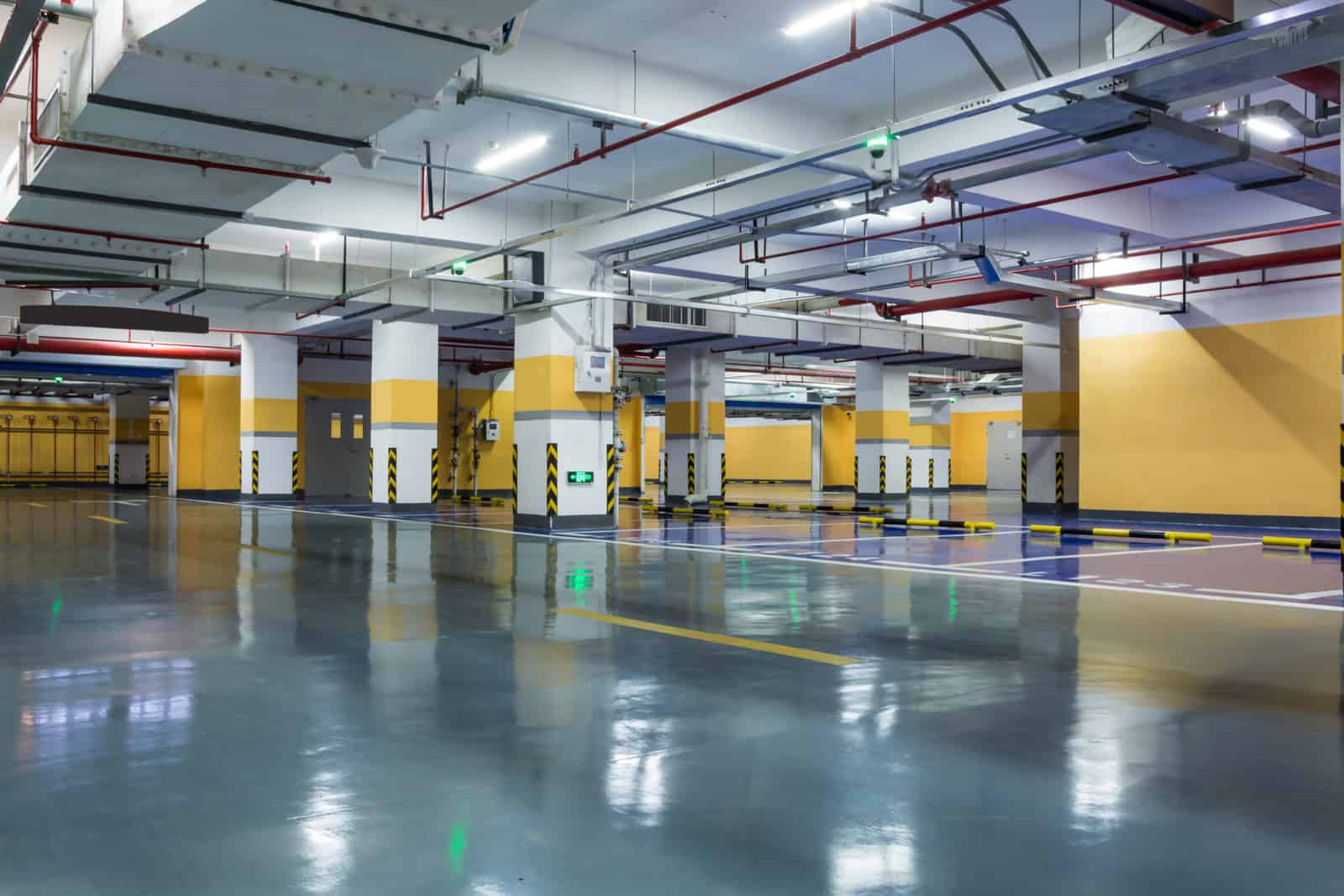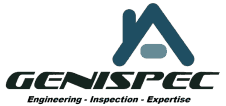Underground Parking Inspection
INSPECTION

Why conduct an underground inspection?
Under Bill 122, any parking lot containing at least one slab that does not rest on the ground must be thoroughly inspected to evaluate the condition of the elements by an engineer member of the OIQ. Indeed, due to the Quebec climate, parking lots are exposed to periodic freezing and thawing cycles, salts and abrasives, which are the main causes of accelerated wear and tear of the elements of interior parking lots. Thus, underground parking inspections ensure parking garages are free from any dangerous defects or deficiencies. It is for this reason that the RBQ has made underground parking inspections mandatory under Bill 122.
How frequently should underground inspections be conducted?
In accordance with Bill 122 of the RBQ, the owner of a new building must complete an in-depth inspection of the building between 12 and 18 months after the construction work is completed. Subsequently underground inspections must be conducted every five years. However, buildings with dangerous structural problems should be inspected without delay.

What is Genispec’s expertise in underground inspections?
Genispec is a Montreal firm of structural engineers which specialize in building inspections. We offer services in the greater Montreal and surrounding areas including Hampstead, Saint-Laurent, Mont Royal, Laval, Longueuil, Brossard, the West Island, Kirkland and more.
Genispec’s team of expert engineers, members of the OIQ, conduct thorough underground inspections to ensure that the parking lot is free of any deficiencies or potential liabilities. The underground parking inspection report provided by our engineers includes a detailed description of the observations as well as recommendations for correcting the defects that could possibly contribute to the development of hazardous conditions, if any.
What does an underground inspection report by Genispec include?
Any underground inspection report produced includes:
- A detailed report signed by an engineer member of the OIQ and compliant with the requirements of the RBQ;
- Recommendations for remedial action work and recommended deadlines, if applicable;
- A photographic appendix of the observations and the location of the defects on the floor plan;
- Hazardous condition procedures and a description of required corrective work.
Underground inspection reports must be produced no later than six months after the inspection.
Protect your investment and contact our team without delay to request a free quote for an underground inspection or discover Genispec’s other building inspection services.
